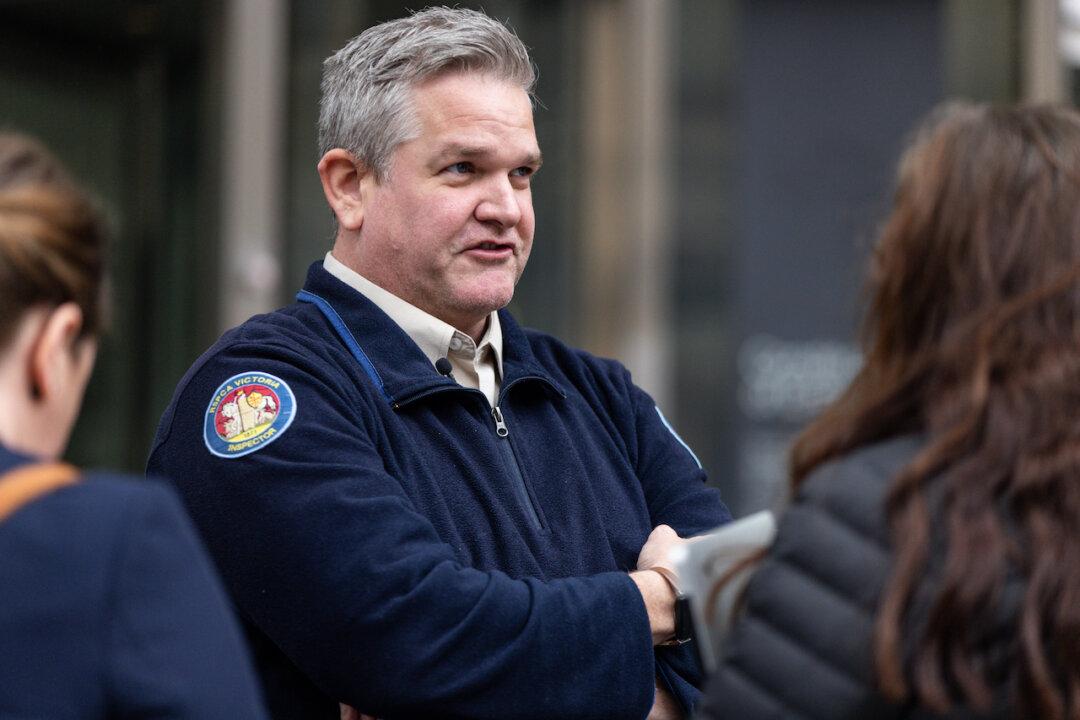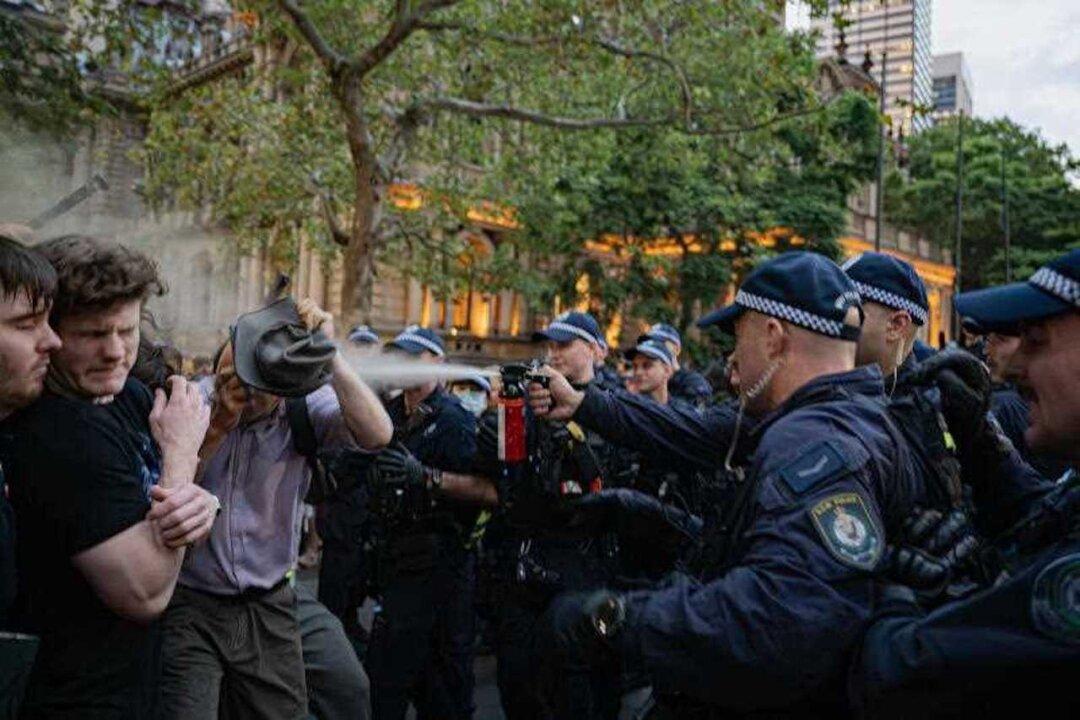A Victorian couple have been banned from owning cats or kittens for a decade and ordered to repay the more than $140,000 (US$89,000) it cost the Royal Society for the Prevention of Cruelty to Animals (RSPCA) to investigate and prosecute them for animal cruelty.
Kon and Liudmila Petropoulos were caught selling kittens from their car boot after they'd already been banned from selling domestic animals.





